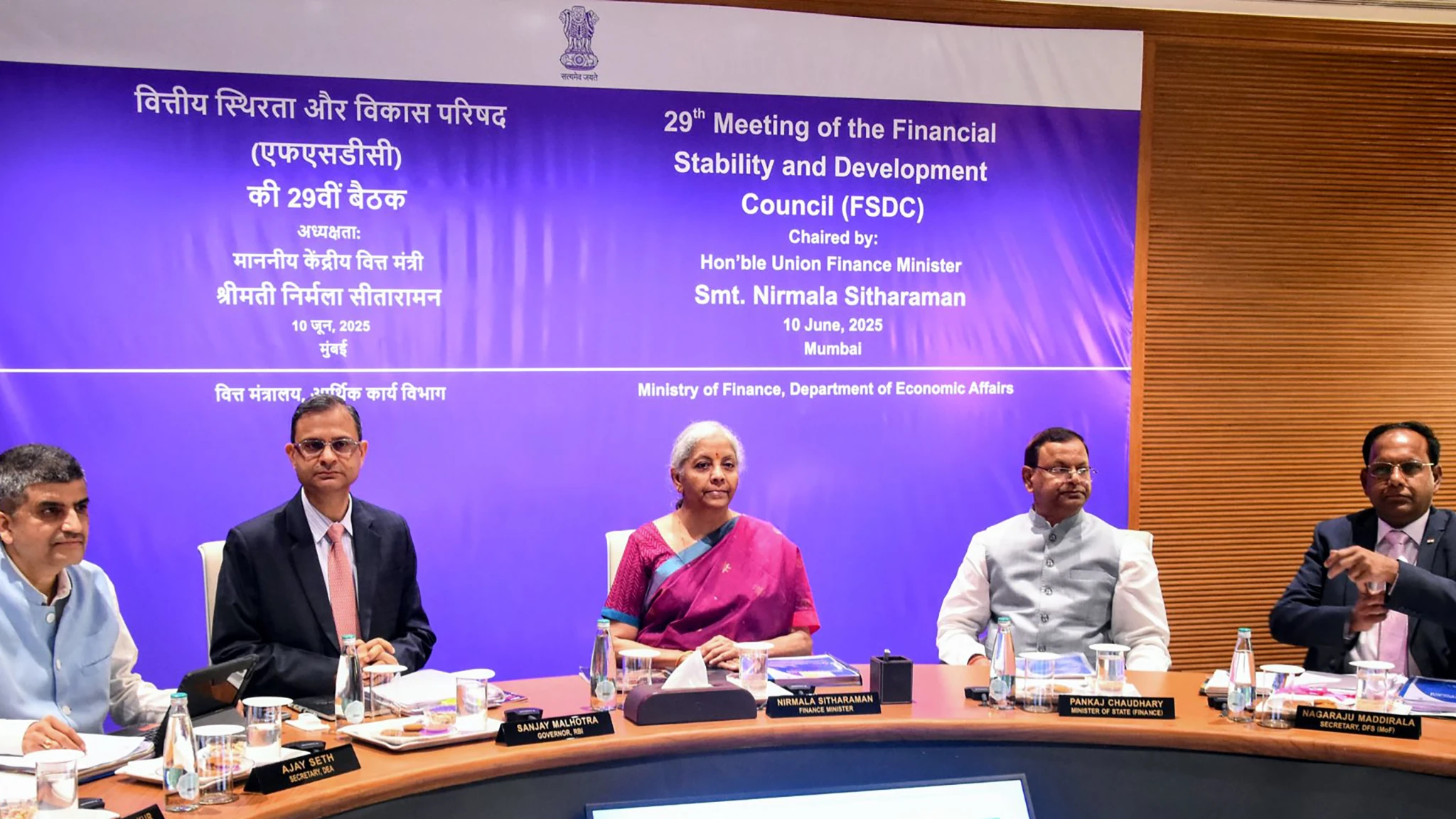Indian stock markets have shown signs of fragility recently, with benchmark indices dipping after a prolonged period of record highs. Mid and small-cap stocks have experienced even steeper declines. This market turbulence comes even as domestic investors display remarkable confidence, continuing their net buying streak for the 15th consecutive month, with investments surpassing ₹4 lakh crore. While narratives around India’s robust economic growth, supported by the RBI’s positive outlook, are readily available, some analysts point towards potential market froth.
Investor Confidence Strong
This unwavering optimism is mirrored by Indian consumers too. The Reserve Bank of India’s consumer surveys reveal a future expectations index consistently above 100, indicating positive sentiment about future prospects. This forward-looking optimism appears to be a key driver behind the strong performance of Indian equities in recent years. It’s this belief in future potential that fuels investment in the stock market.
Earnings and Market Wobbles
However, there are signals that caution might be warranted. Recent earnings reports from major companies paint a mixed picture. IT giant Infosys slightly missed net profit estimates, and others reported a less-than-stellar deal pipeline. Nestle’s results were also modest. These earnings, coupled with broader market corrections, suggest that the current earnings season might not be as upbeat as anticipated. This divergence between investor enthusiasm and on-the-ground economic realities raises questions about market valuations and sustainability.
RBI’s Firm Hand on Lenders
Adding another layer to the financial landscape, the Reserve Bank of India has taken decisive action against several non-banking financial companies (NBFCs). Asirvad Micro Finance, Arohan Financial Services, DMI Finance, and Navi Finserv have been barred from sanctioning and disbursing loans. This action stems from concerns about their pricing policies, with the RBI citing excessively high lending rates and interest spreads. The central bank emphasised that these NBFCs were not adhering to fair and transparent pricing practices, despite repeated warnings. This regulatory intervention underscores the RBI’s commitment to protecting borrowers and ensuring responsible lending within the financial system. The RBI’s move serves as a reminder that while growth and optimism are vital, so is regulatory oversight to maintain market integrity and protect consumer interests.
Future Outlook for Investors
As we move ahead, the resilience of the Indian investor’s conviction will be tested. Global uncertainties, fluctuating economic prospects, and the ever-present risk of sentiment shifts all loom large. The market response to Hyundai Motor India’s IPO, while fully subscribed, showed a tempered enthusiasm compared to previous IPO frenzies, hinting at a possible underlying caution among retail investors. Whether this optimism will sustain in the face of potential headwinds remains to be seen. The coming weeks and months will be crucial in determining if this faith is well-placed, or if a more pragmatic approach is needed.
Is the Indian investor’s optimism justified, or is a dose of caution now warranted? Only time will tell if this unwavering belief will be rewarded, or if market realities will eventually temper expectations.










Leave a Reply